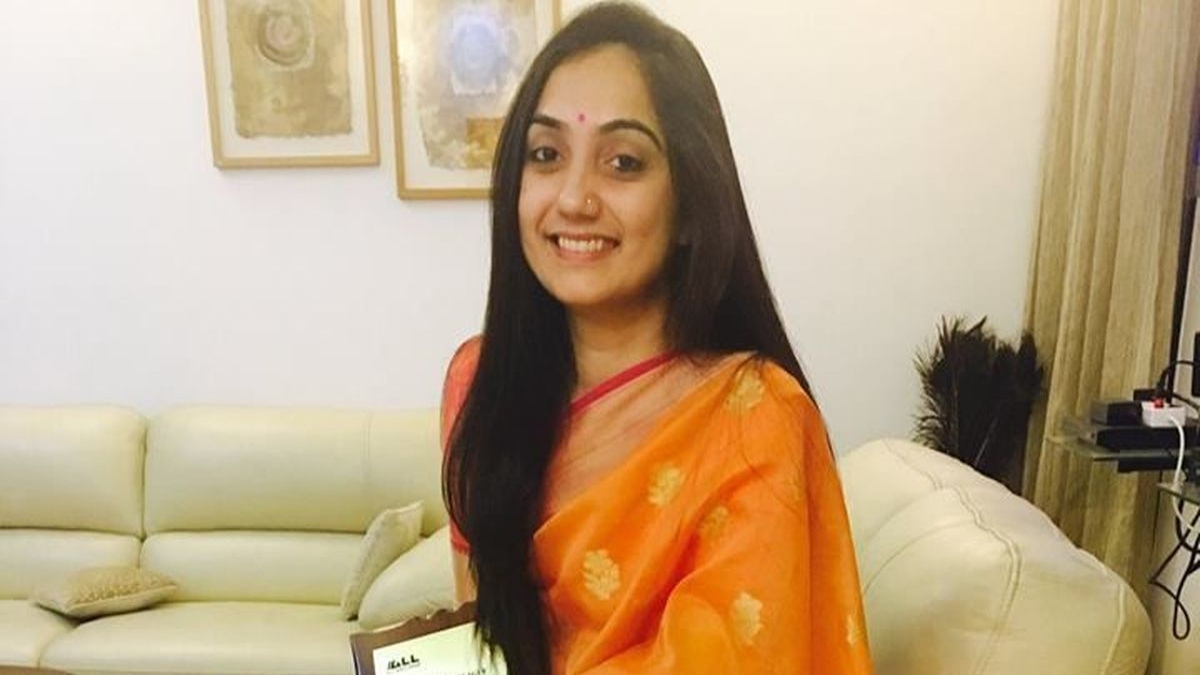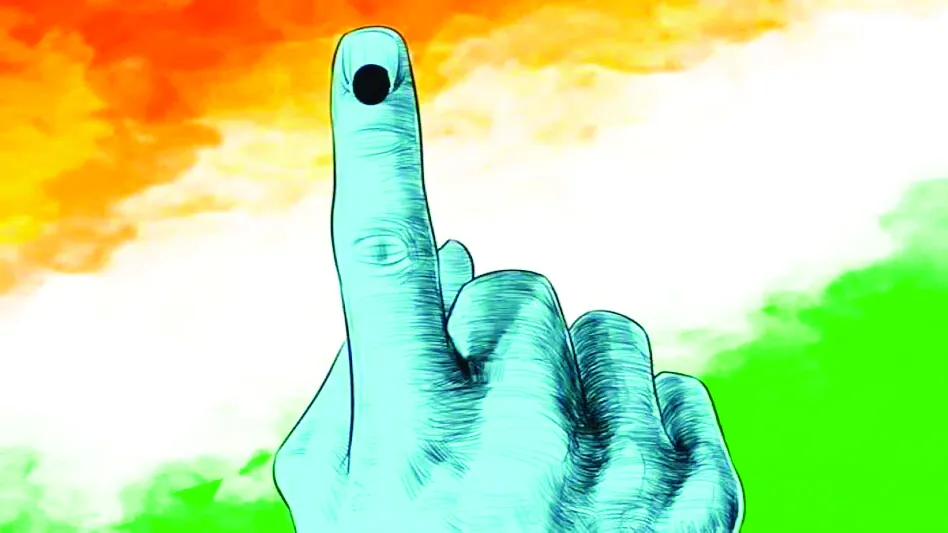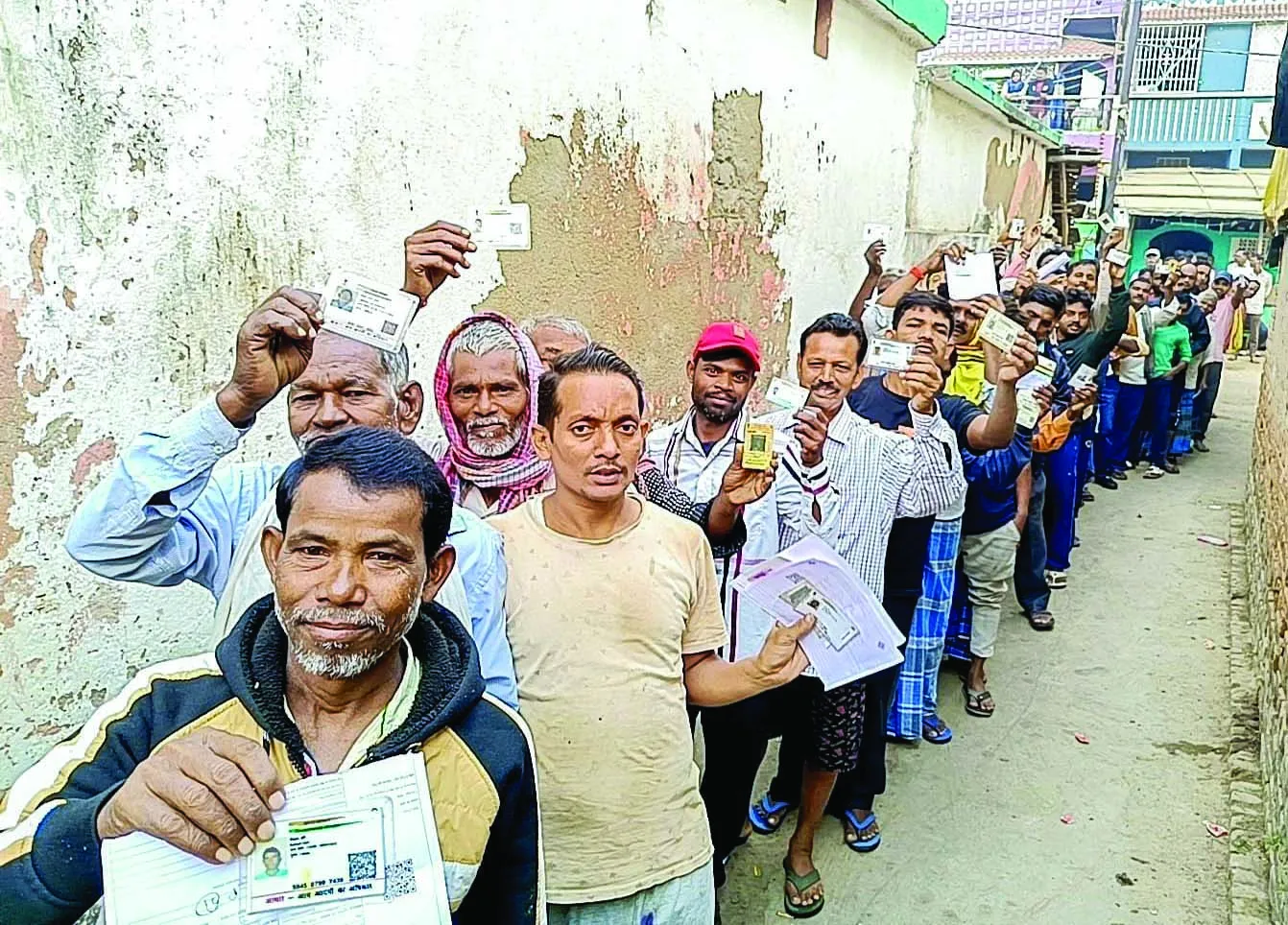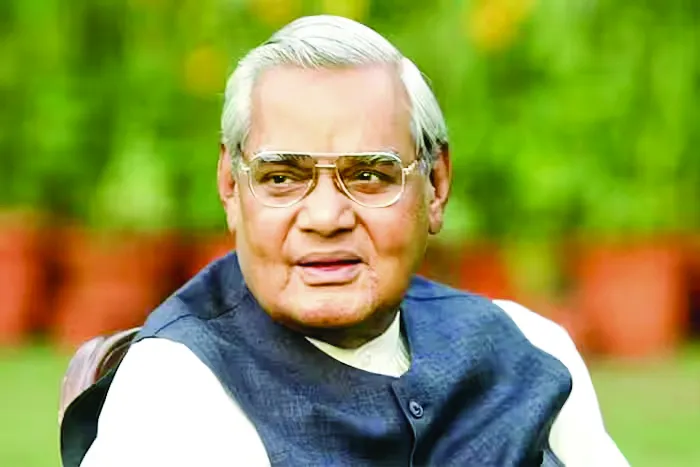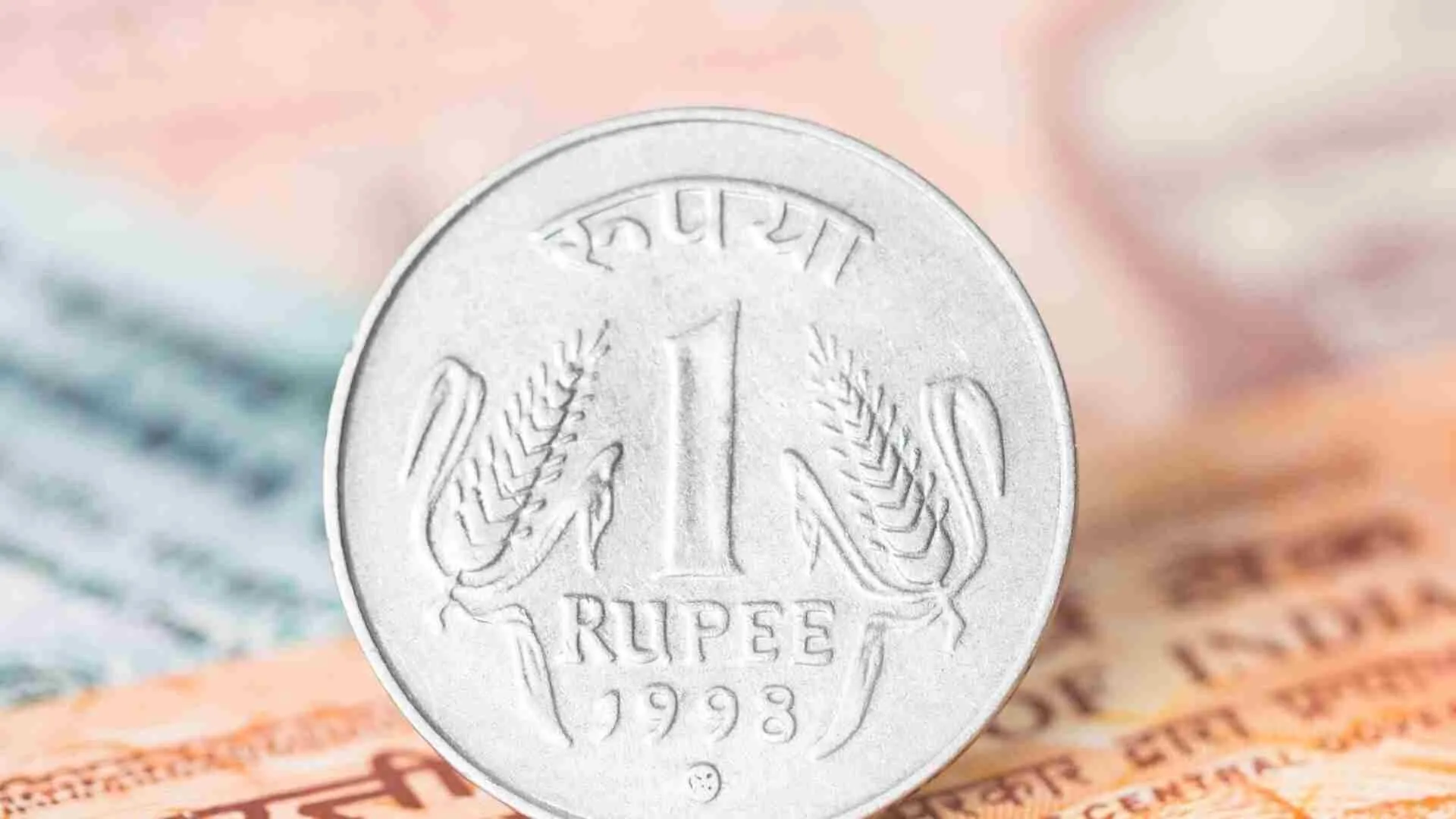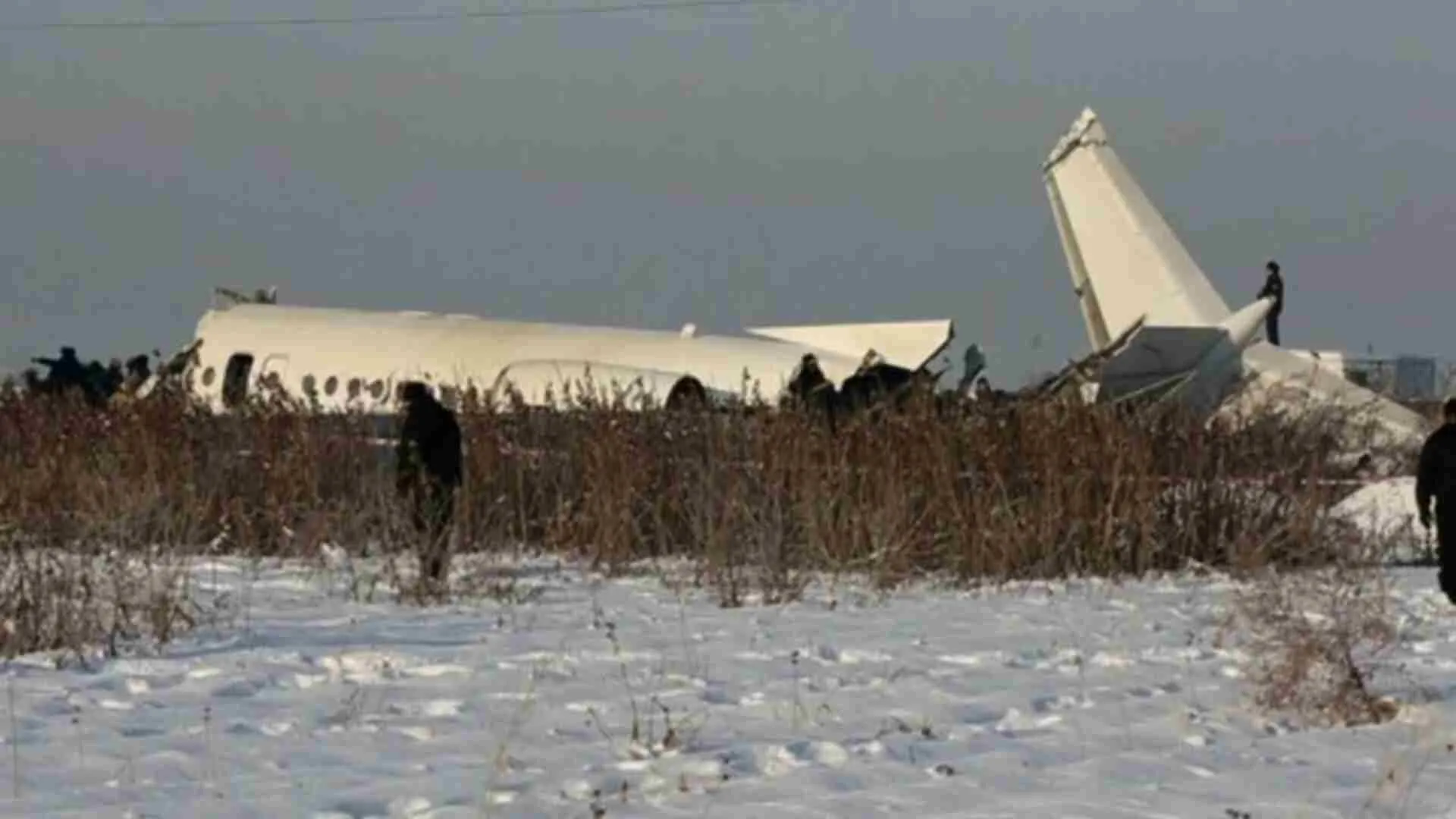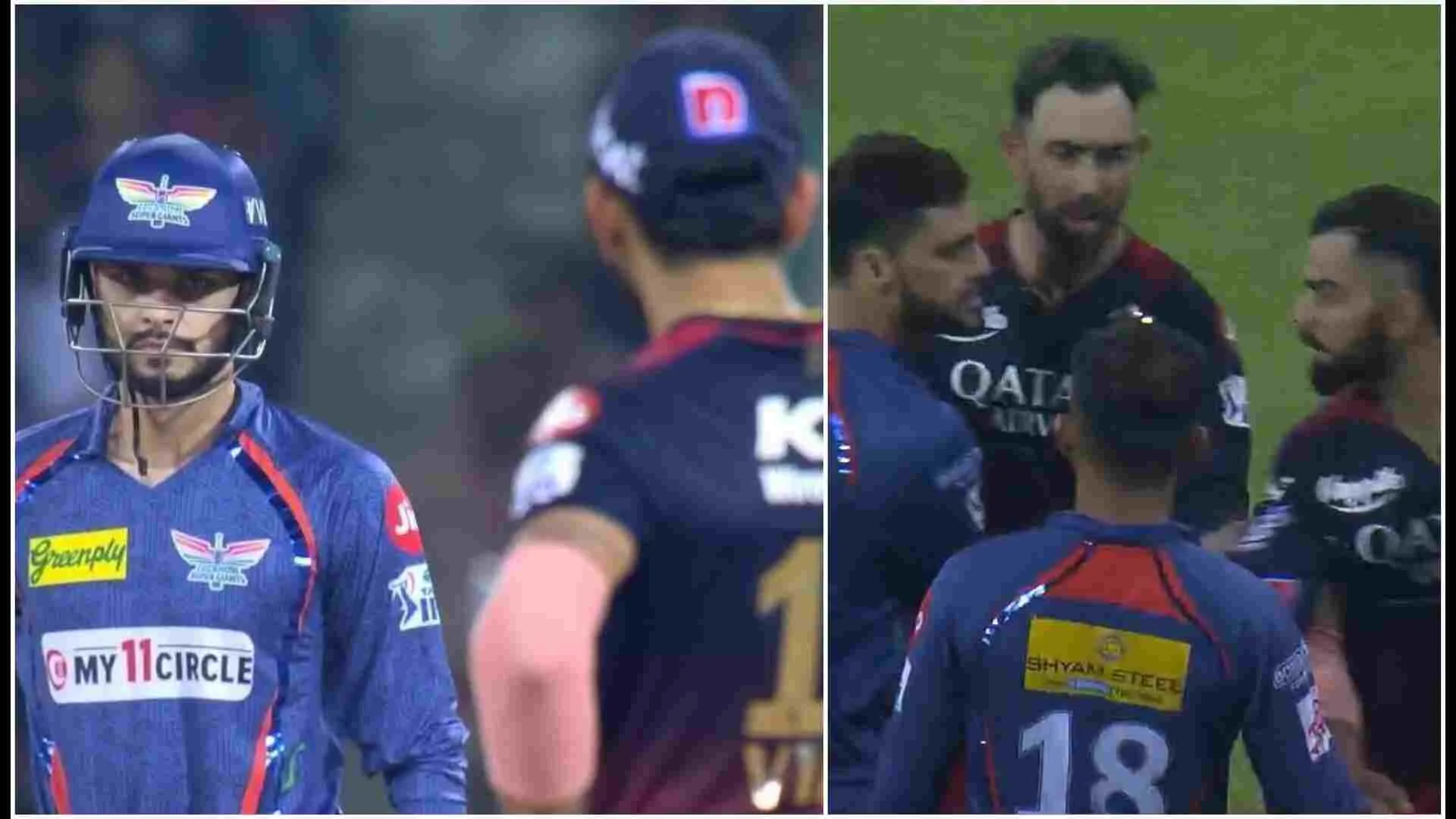It is hoped that with Nupur Sharma’s withdrawal of her statement relating to Prophet Muhammad, swift action by the BJP and further clarification that the BJP does not favour insulting revered figures of any religious beliefs should let the matter rest.

People holding placards stage a protest against Nupur Sharma, suspended from BJP, demanding her arrest over her alleged remarks on Prophet Muhammad, in Mumbai on Monday. ANI
The party has also acted against its media in-charge for Delhi, Navin Jindal, who had joined the issue and crossed the line. It is, therefore, expected that this would douse the anger of people who may be feeling outraged and prevent them from falling prey to radicals who are trying to convert everything into issues of communal polarisation.
Nupur’s statement came during a heated Television debate in which another person had ridiculed Lord Shiva. If one sees the entire context, one may not feel that offended. But when taken out of context, the statement would appear to be taking a dig at Islamic faith in the context of Prophet’s marriage to Ayesha. That she has withdrawn her statement is a positive way to build bridges.
Now the hard-line Hindu section is feeling let down. But hold and think! Can India afford to be perpetually in the quagmire of hate politics? The radicals from both sides come on Television channel debates and the anchors join in and try to provoke as it increases their TRPs (Ratings). But can a sensible person get provoked and justify saying the other debater insulted my God? More so, if the spokesperson is from the ruling party that is working through hard times to take India out of hate politics, unenviable economic situation, tension at the borders and adverse impact of Russia-Ukraine conflict.
The legality of an issue is not as important as the provocation it may cause. Radicals waiting to defame the Government as promoting Hindutva would jump at it even when they know that the truth is different. Even normal Muslims would get influenced by their propaganda if it concerns the Prophet. The radicals who are finding it difficult to vitiate the atmosphere would find it easy to create chaos using this as a narrative. The way her statement was presented gave fodder and fanned unrest.
However, it does not mean that those who issued threats to her or used abusive language for her can be pardoned in a civilized society. Indian ethos is based on immense respect for women. It is hoped that nobody would take law in his or her hand and trust the system of governance and justice. We should not be so over sensitive that we lose our critical faculty and sense of proportion.
Often we have spokespersons of political parties indulging in heated exchanges and coming out bravely out of the studios with self assurance that they demolished the opposition arguments. While this may be true of other parties that are irresponsible and have nothing to lose, the BJP cannot afford to do so. In most cases the spokesperson wins a debate but loses the cause.
Many times I have avoided going to debates when I represented the party as a spokesperson because I knew that the purpose of the debate was to provoke. I was asked by Al Jazeera Television channel yesterday (Sunday) to comment on the issue as a BJP leader, but I refused saying that the issue is too sensitive and there is nothing that needs to be said after party’s clarifications.
Often the party informally decides not to participate in certain debates for the simple reason that spokespersons should not fall prey to the agenda of others. Even if one is right in argument or facts, one cannot prevent the fall out of such debates which at times become acrimonious.
And when spokespersons are not given direction on what to say in debates, they are supposed to use their own understanding of the party’s stand. The statements of senior leaders guide the ideological slant. While speaking on completion of eight years of the Modi Government, BJP President JP Nadda has clarified that the party would abide by the decision of the Court and unlike the Ramjanambhoomi Temple the issue of Gyanvapi mosque was not in the agenda of the BJP.
Nadda had further clarified the party’s approach: “We believe in Sabka Saath, Sabka Vikas and Sabha Vishwas…When we work politically, it is our endeavour to take everyone along. There are many types of people in a society. Some respond earlier, some later, some after decades and some respond after much time has passed. It depends on them. But our conduct is on the principle of a strong nation, one nation. This is clear and everyone will have an equal share,” he said. An ideological clarity on the issue came from RSS chief Mohan Bhagwat too when he stressed that we should not try to find a Shivling beneath every temple.
The task of spokesperson is to walk the tightrope and not fall in the trap of opposition and the radicals who would try to provoke. At times, since we are all humans, we get provoked too but the issue dies with the debate in the studio. When this does not, it comes out with unintended consequences as in the present case.
The BJP is neither a religious party nor is it a party that should question religious beliefs of others. It believes in tolerant Indian culture that believes in Vasudhaiva Kutumbakam (the whole world is a family). The need is to also understand what a spokesperson represents. Is he or she speaking for Hindutva or RSS or the BJP. The BJP believed in cultural nationalism but Muslims are as much a part of this as Hindus.
But the prime-most task of a party spokesperson is to become champion of the development efforts launched by the Prime Minister to uplift life of people. While Narendra Modi, JP Nadda and Union Home Minister Amit Shah, are often seen promoting the development narrative, the same focus is at times missing in political debates on various TV channels.
Development and Governance are the twin mantras to bring economic prosperity to people. India has set itself an ambitious task of becoming a 5 Trillion USD economy and become one of the top five countries in the world. This is true that two years of the Government was wasted due to Covid-19 that almost kept the country shut. There are ambitious neighours trying to test our grit and determination. The Russian-Ukraine conflict has created pressure on world economy and India is not isolated. The opposition parties at home instead of trying to appreciate the valiant fight by the Government on all these fronts, is trying to create an atmosphere of gloom.
It is the responsibility of all BJP leaders to create an atmosphere of confidence by talking about the way the country is progressing forward despite hiccups. The development efforts have not stopped. The poor and the needy continue to get the benefits they are supposed to get. The Prime Minister is constantly monitoring the situation to safeguard India’s interest. Also, the entire world is appreciative of India’s concerns and sensitivities.
Speaking on the World Environment Day on Sunday, Modi stressed that India has achieved the rare distinction of blending 10 per cent ethanol in petrol five months head of the scheduled target. This would save India oil import bill of Rs 41,000 crore per year and reduce 27 lakh tonnes of Carbon emissions. In 2014, this blending was only 1.5 per cent. This by any standards is a great achievement that people should know. The country has been working hard to reduce dependency on oil imports by focussing on non-conventional sources of energy including Solar, nuclear, wind and use of electric vehicles. People would feel proud to know of achievements in these fields.
Participating in debates that create hatred needs to be tackled deftly. Many a time the leadership has told spokespersons that they need to be soft and persuasive and never for a moment lose sight of the fact that they are representing the ruling party. The opposition will be critical and provocative but instead of getting provoked one should dole out facts to change the narrative.
We must not lose sight of the fact that the entire world is trying to fight radicalism and terrorism. Even in Islamic countries, the pressure is from the radicals and the world has witnessed extremist Islamic organisations trying to forcefully implement their version of the Sharia on Muslim population. The competition is on who is more Muslim. As world becomes more civilized, as liberalism and values of equality and freedom would gain more traction, the conservative section would try to assert and thwart this process.
So anything happening in India would not remain aloof in a symbiotically connected world. Saudi Arabia banned the Tablighi Jamaat in December last year and termed it “a gate of terror”. All the Arab countries have shown appreciation of India’s concerns on the front of terrorism. Modi has emerged as their great ally. It is for the first time that the Organisation of Islamic Countries (OIC) invited India to address its council meeting in 2019.
Fifty three years back in 1969 the same invitation was given to India but the delegation had to return midway because of objections raised by Pakistan. The OIC is a forum that works to “safeguard and protect the interests of the Muslim world in the spirit of promoting international peace and harmony.” Some of the heads of Arab countries have become friends of India and they hold the Indian Prime Minister in very high esteem.
India cannot be blind to sensitivities of these countries that are Islamic and have to be governed by Islamic principles. If any issue can become the reason to promote radicalisation, it needs to be tackled in a different way. The whole world actually is concerned at increasing radicalisation and trying to find solutions.
Back home we need never forget that close to 25 crore people in this country must be followers of Islam. There is a need to appreciate their concerns and sensitivities as well. Such heated debates often derail the good steps taken by the Government to bring India on the development roadmap and smear the country’s image internationally.
We should never forget that the Modi mantra is Sabka Sath, Sabka Vikas, Sabka Viswas and Sabka Prayas. One many not have voted for Modi Government, but as a Government, it cannot discriminate against anyone. The Minority Affairs Ministry has been working tirelessly for empowerment of Muslim youths by promoting modern education and skill development. The Government formulated a law to ban instant Triple Talaq to restore security and honour of those who were suffering due to this practice. There is not one instance where it can be proved that the Government has favoured one community over the other. The BJP’s clarification has come timely. The Prime Minister has stressed time and again that he works for 140 crore plus Indians.

